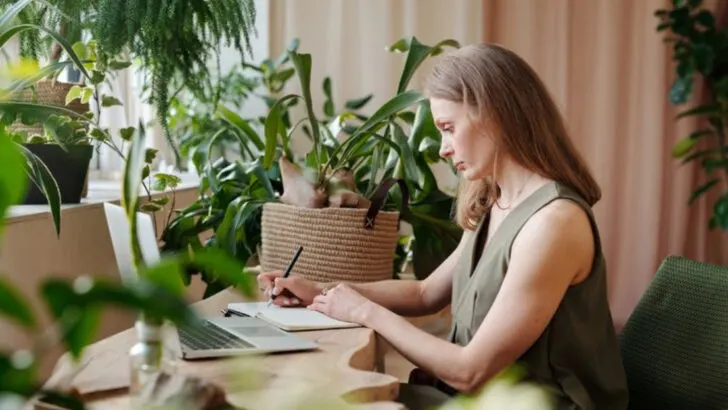If you’ve ever found yourself whispering encouragement to a new leaf, rearranging your entire room to suit your Monstera, or impulse-buying a succulent you definitely don’t need—don’t worry, you’re not alone. At Plantisima, we’ve seen just how deep the connection between people and plants can go. But what if your leafy obsession isn’t just a hobby… but something your brain is hardwired to love?
In this article, we dive into 17 psychology-backed reasons why plants make us feel so good, and why surrounding ourselves with greenery has become more than just a trend. From reducing anxiety and increasing productivity, to satisfying our need for nurturing and control, houseplants tap into our emotions in subtle, powerful ways. There’s even science behind why we feel joy when we see new growth, or why repotting feels oddly therapeutic.
To our Plantisima readers who proudly own more plants than shoes—this is your evidence-based permission slip to lean into your green addiction. Because as it turns out, your plant obsession isn’t just valid—it’s psychologically good for you.
Nostalgia and Memories
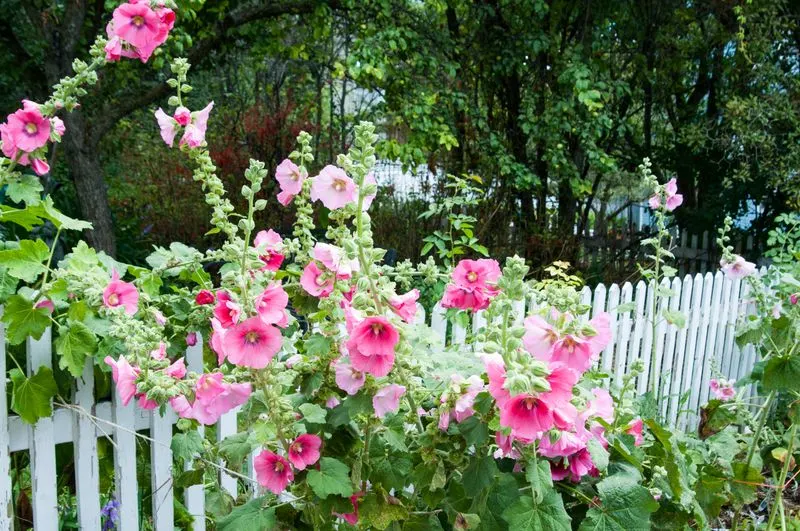
Plants often evoke fond memories and nostalgia, connecting us to childhood gardens or grandparents’ homes. This emotional link can provide comfort and a sense of continuity. Memories associated with plants often trigger positive feelings, enhancing our mood and overall well-being. The scent of a particular flower or the sight of a familiar leaf shape can transport us back to happy moments in our lives. Psychologists suggest that these memories can be a powerful tool for emotional resilience, offering a mental escape from stress and everyday challenges.
Stress Relief
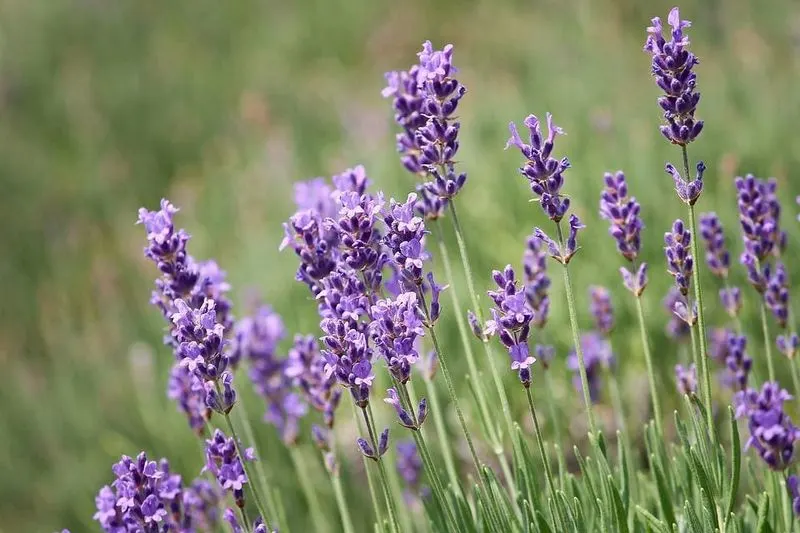
The act of caring for plants has been shown to reduce stress and promote relaxation. Engaging with nature in this way allows for mindful moments, providing a break from the hustle and bustle of daily life. Studies have found that simply being in the presence of plants can lower blood pressure and cortisol levels. This calming effect is why many people turn to gardening as a therapeutic activity. It’s a simple yet effective way to unwind and find inner peace amidst life’s chaos.
Connection to Nature

Humans have an inherent desire to connect with nature, known as biophilia. Plants offer a tangible way to satisfy this need, bringing nature into our homes and lives. This connection is not just about aesthetics; it fulfills a deep psychological need to be part of the natural world. By cultivating plants, we create a personal ecosystem that fosters a sense of belonging and harmony. This bond with nature can improve mental health, enhancing our sense of well-being and contentment.
Sense of Accomplishment

Watching a plant grow and flourish under your care provides a profound sense of accomplishment. This feeling is amplified when nurturing a plant from seed to maturity. It’s a rewarding experience that boosts self-esteem and confidence. Psychologically, achieving small goals through plant care can translate into greater motivation in other areas of life. The success with plants can serve as a metaphor for personal growth, inspiring us to tackle challenges with renewed vigor.
Creativity and Expression
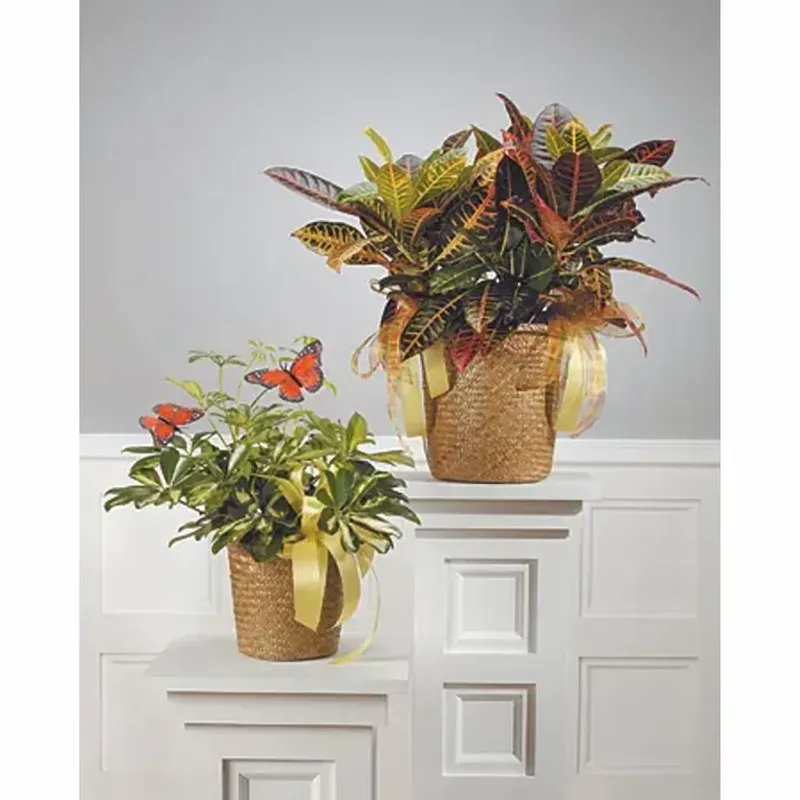
Plants offer an outlet for creativity and self-expression. Arranging plants, choosing different species, and designing garden layouts allow for artistic exploration. This creative process can be both satisfying and stimulating, encouraging innovative thinking. Whether it’s crafting a unique terrarium or designing a vibrant flower bed, plant care can be a form of art. The freedom to experiment with colors, shapes, and textures adds a personal touch, reflecting individual style and personality.
Improved Air Quality
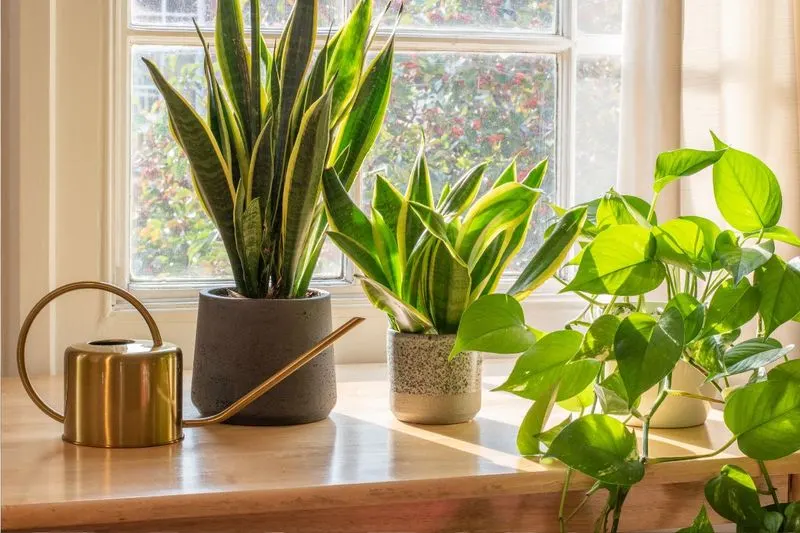
Beyond their beauty, plants naturally purify the air, removing toxins and improving indoor quality. This health benefit can lead to better concentration, productivity, and overall well-being. Studies have shown that workplaces with plants report higher employee satisfaction and reduced stress levels. Breathing cleaner air can enhance cognitive function and energy levels, making it easier to focus on tasks. These environmental improvements contribute to a healthier, more pleasant living and working space.
Mindfulness and Presence
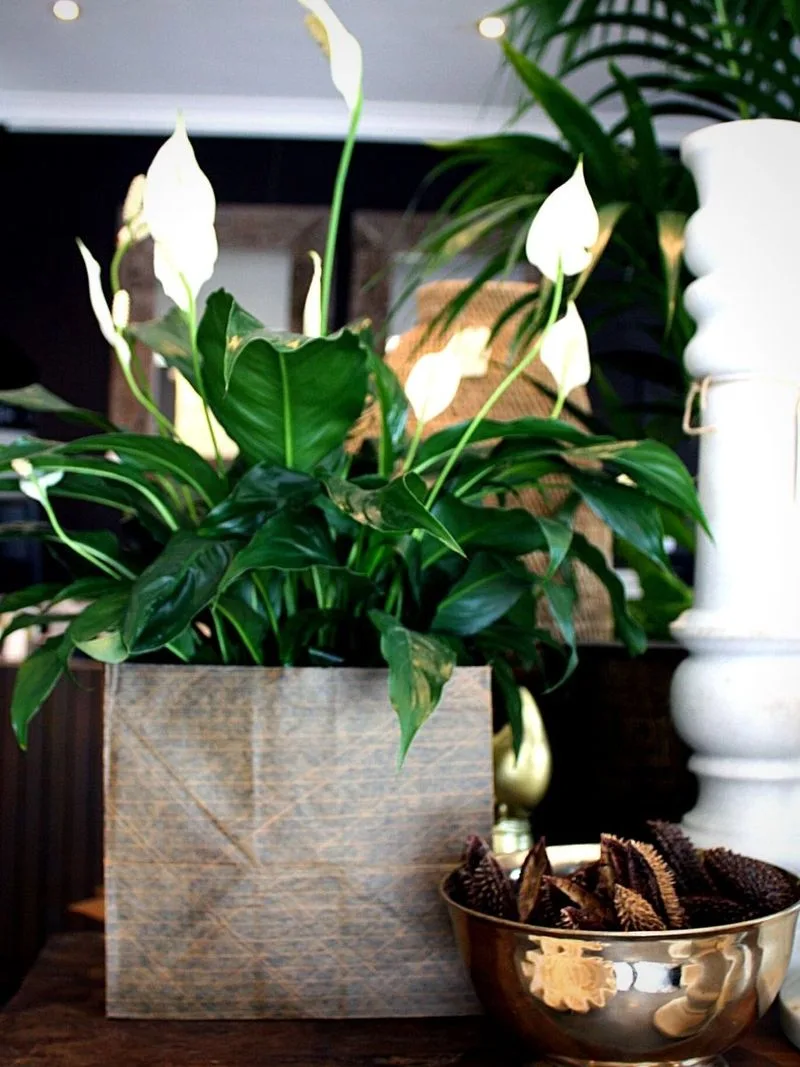
Tending to plants encourages mindfulness, drawing us into the present moment. This meditative practice fosters awareness and appreciation for life’s simple pleasures. By focusing on the here and now, we cultivate patience and attentiveness. Gardening offers an opportunity to slow down and savor the process, engaging all our senses. The rhythmic tasks of watering, pruning, and observing growth create a calming routine. This mindful engagement promotes mental clarity and emotional balance.
Learning and Growth
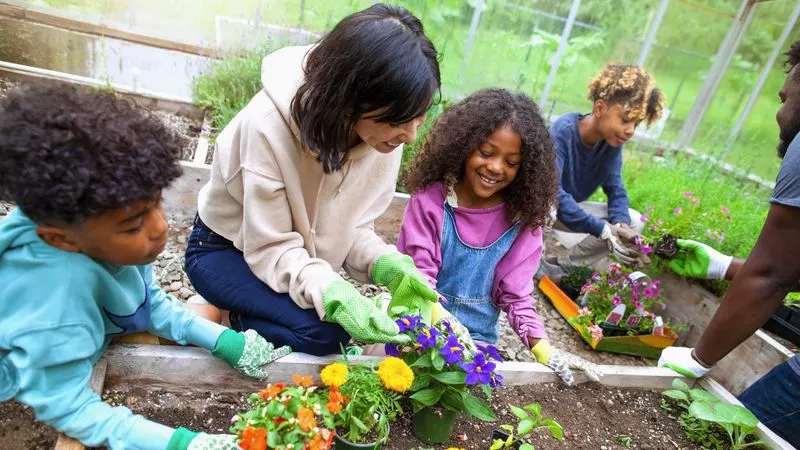
Caring for plants provides endless opportunities for learning and discovery. From understanding the science of botany to experimenting with different growth techniques, plant care is an educational journey. This continuous learning stimulates our curiosity and intellect. For children, nurturing plants teaches responsibility and patience. For adults, it offers a chance to explore new interests and skills. The process of growth and adaptation mirrors life’s challenges, teaching resilience and problem-solving.
Social Connection
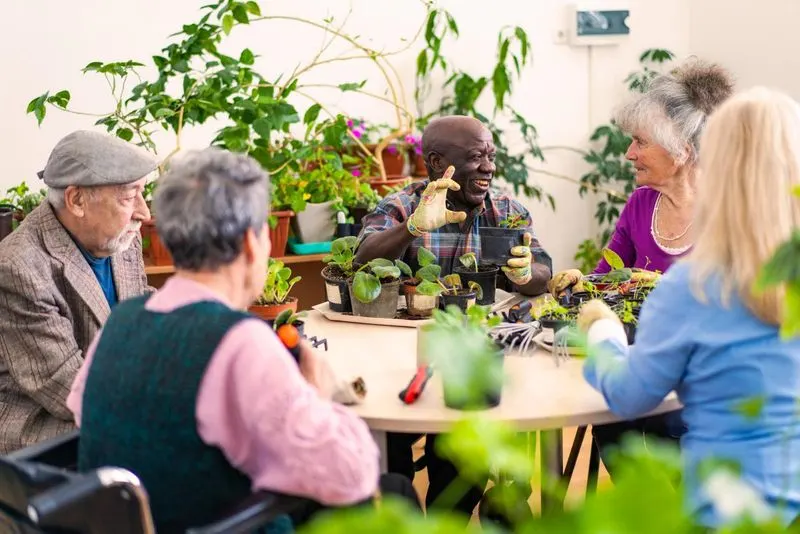
Sharing plant experiences fosters social connections and community. Whether through plant swaps, gardening clubs, or online forums, plants bring people together. These interactions create a sense of belonging and shared purpose. Discussing plant care, celebrating successes, and learning from failures build camaraderie and friendships. This social aspect of plant obsession enhances our emotional well-being, providing support and encouragement. It turns a solitary hobby into a communal experience, enriching our lives.
Symbolism and Meaning
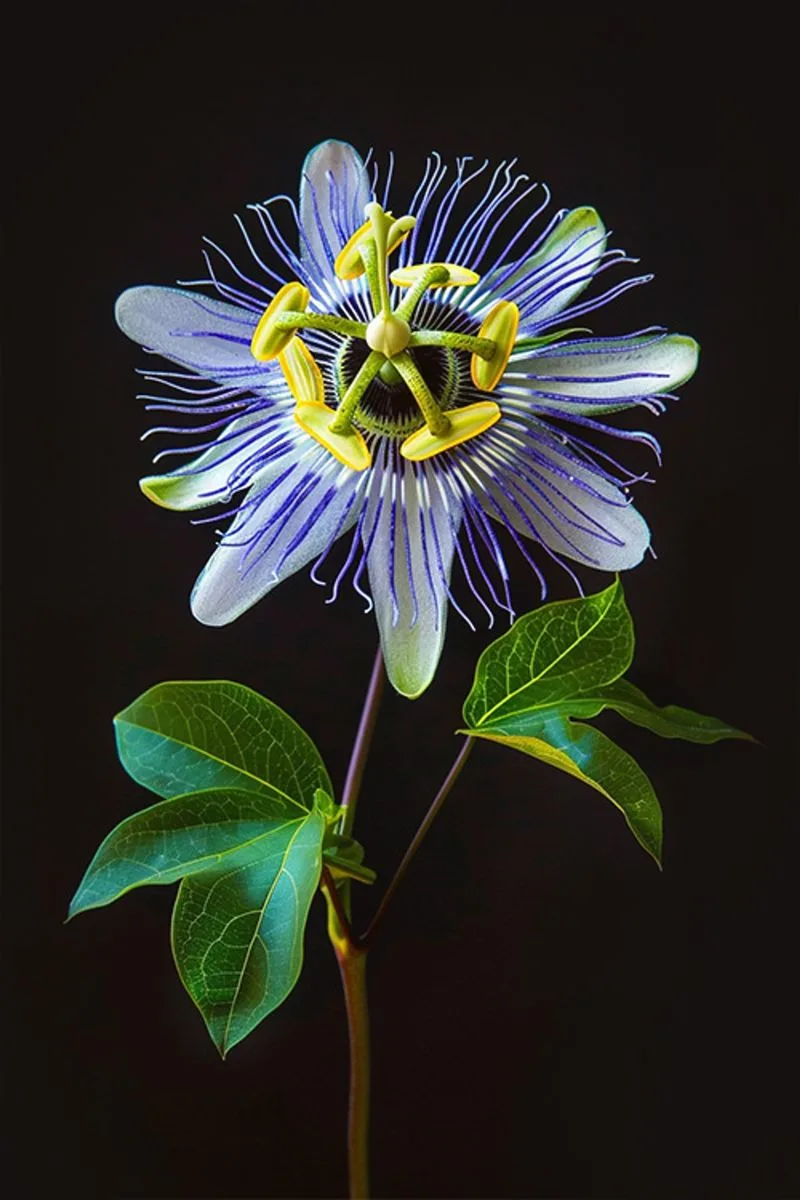
Plants have long held symbolic meanings, from peace and prosperity to love and remembrance. This symbolism adds depth and personal significance to our interactions with them. Choosing plants with specific meanings can reflect our values and aspirations. This connection imbues everyday life with richer meaning and intention. A bonsai tree may symbolize patience and persistence, while a rose bush might represent love and beauty. These associations enhance our appreciation and attachment to the plant world.
Therapeutic Benefits
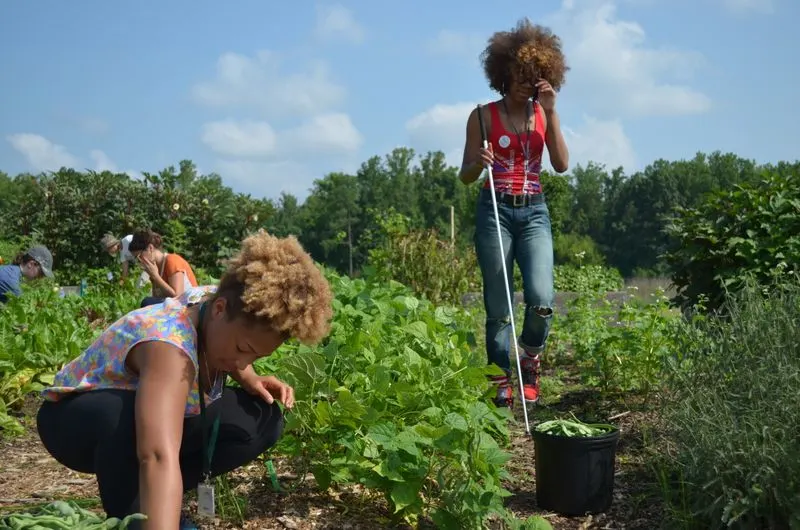
The therapeutic power of plants is recognized in practices like horticultural therapy. Engaging with plants can aid in mental health recovery, providing a soothing and non-judgmental space for healing. The act of nurturing growth mirrors the process of personal development and recovery. For those facing mental health challenges, plants offer a tangible way to cultivate hope and resilience. This therapeutic connection enhances emotional well-being, promoting recovery and self-discovery.
Sustainability and Responsibility
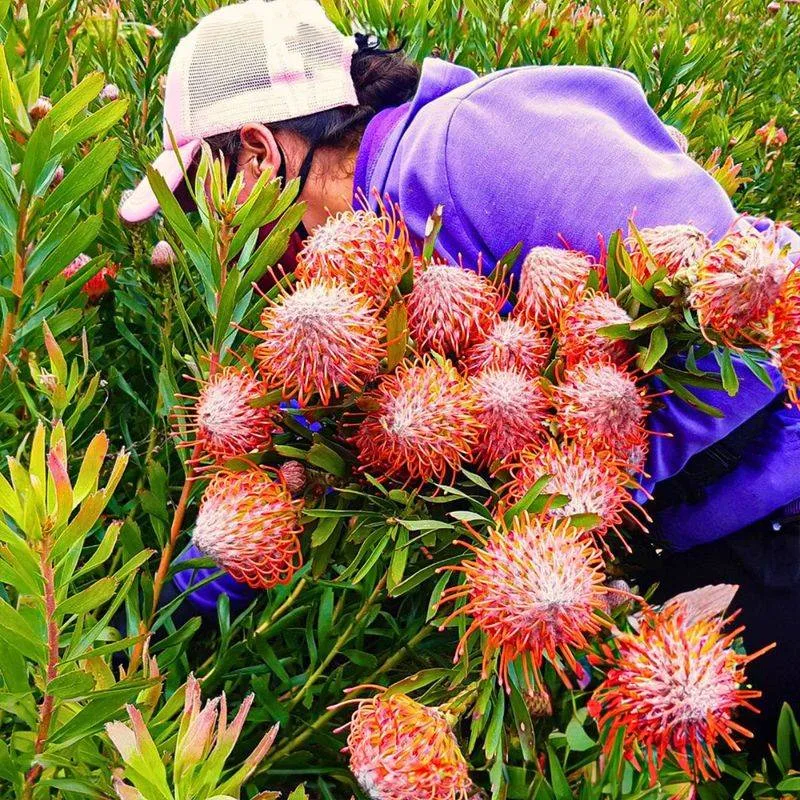
Embracing plant care reflects a commitment to sustainability and environmental responsibility. Growing plants encourages eco-friendly practices, reducing our carbon footprint. This responsibility fosters a greater appreciation for nature and motivates us to protect it. Planting trees, composting, and conserving water are tangible ways to contribute to a healthier planet. This sense of responsibility extends beyond our gardens, inspiring mindful living in all aspects. It’s a rewarding way to make a positive impact.
Emotional Expression
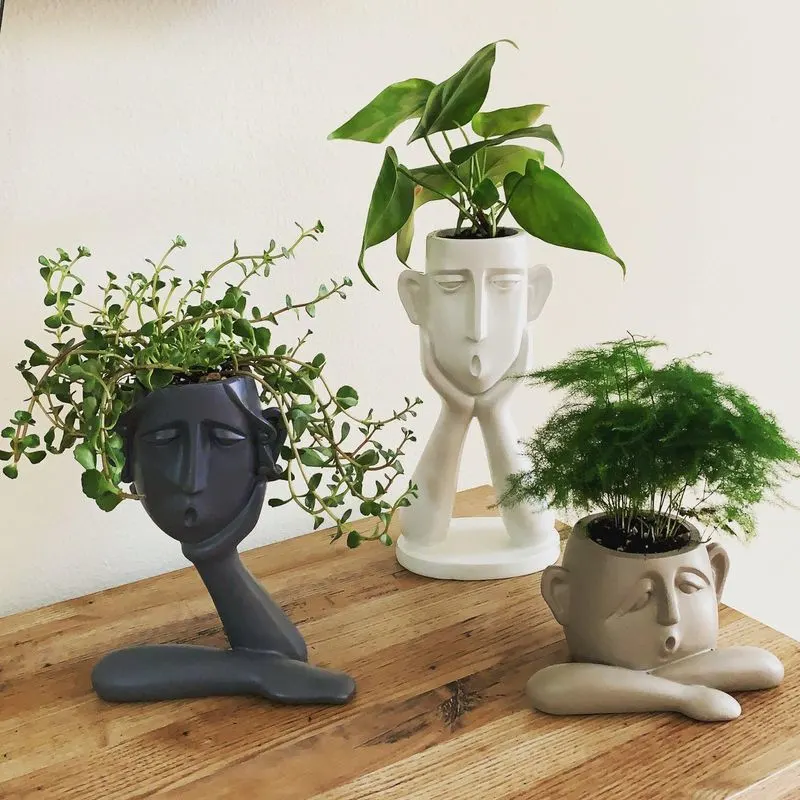
Plants provide a medium for emotional expression, allowing us to articulate feelings and experiences. This connection can be deeply personal, reflecting our moods and aspirations. Sharing this passion with others creates bonds and understanding. Plants become a language of expression, helping us convey love, gratitude, or even grief. This emotional connection enriches our lives, offering a way to communicate non-verbally. By expressing ourselves through plant care, we find joy and fulfillment.
Physical Health Benefits
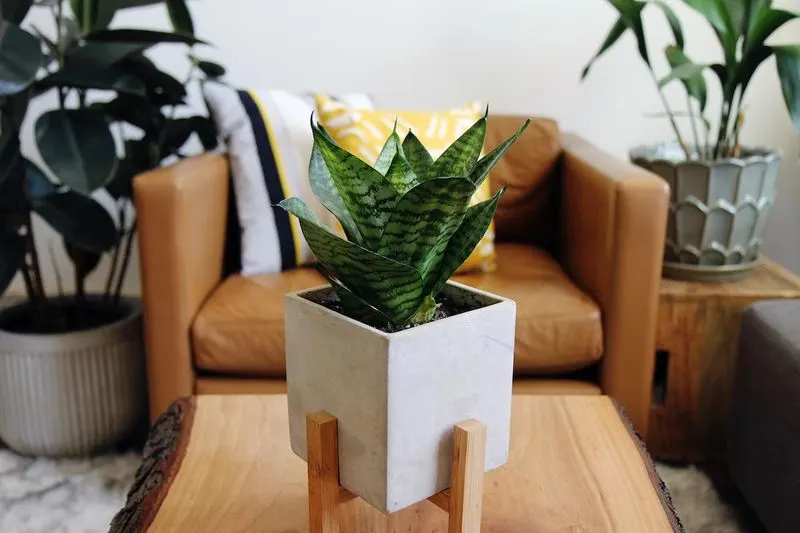
The physical health benefits of plants extend beyond air purification. Gardening is a form of exercise, promoting physical fitness and vitality. This activity engages muscles, improves flexibility, and boosts cardiovascular health. Spending time with plants outdoors exposes us to sunlight, increasing vitamin D levels. These physical benefits complement the mental health advantages, creating a holistic approach to wellness. The simple act of gardening becomes a rewarding way to enhance overall health and happiness.
Seasonal Awareness
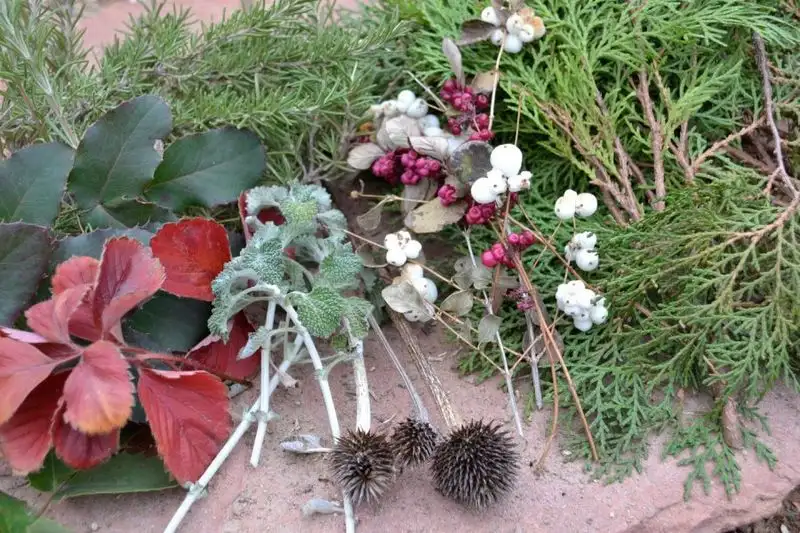
Plants keep us attuned to the rhythms of nature, fostering a deeper awareness of seasonal changes. This connection enhances our appreciation for the cycles of growth and renewal. Observing the transformations in a garden mirrors the ebb and flow of life. This seasonal awareness promotes mindfulness and gratitude, aligning us with nature’s timetable. By witnessing these changes, we develop a greater understanding of life’s impermanence and beauty. This awareness enriches our experience, grounding us in the present.

